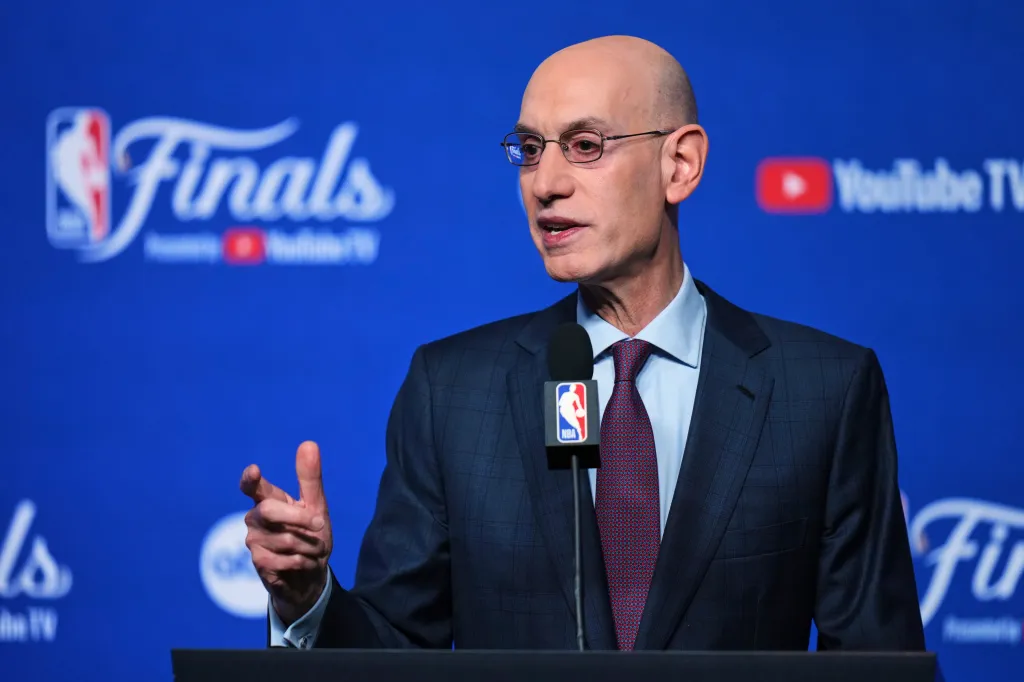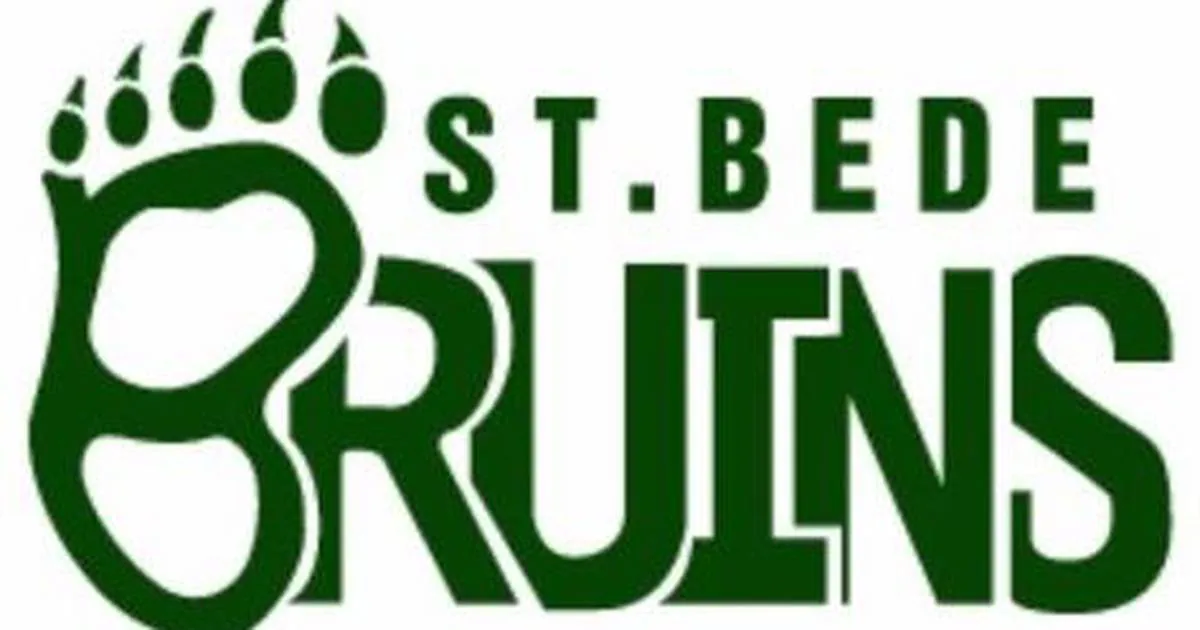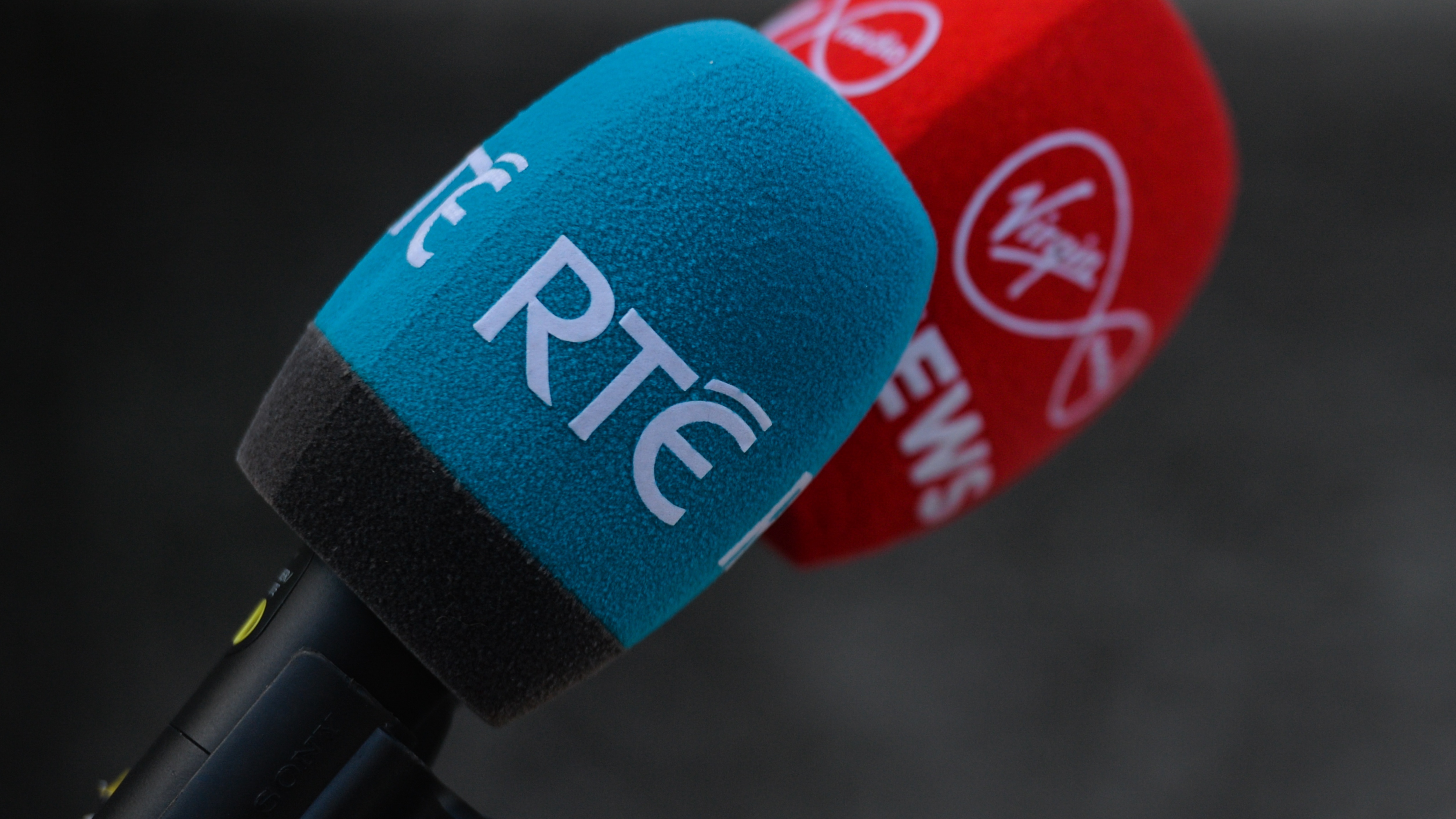
NBA commissioner Adam Silver came out in defense of the WNBA in the wake of claims that the league may be illegally interfering in the sale of the Connecticut Sun.
Silver spoke at a conference hosted by Front Office Sports on Tuesday. The Sun’s owner, the Mohegan Tribe, reportedly reached separate agreements with a group from Boston and a group from Hartford to sell the team for $325 million. The WNBA reportedly told the tribe that its Board of Governors would not approve either sale, claiming that a buyer doesn’t have the right to move the team away from Mohegan Sun Arena without getting league approval, and stating that other markets, which put in bids for expansion in the latest round, would have priority over Boston or Hartford.
The WNBA then offered to purchase the Sun at $250 million and sell the franchise to a buyer who would move it to a market it prefers, such as Houston. The state of Connecticut has since proposed a bid that would see it take a minority stake in the team and split games between Hartford and Uncasville.
U.S. Sen. Richard Blumenthal (D-Conn.) sent a letter to the WNBA, warning the league that interference into the Sun’s efforts to sell to a local buyer could violate antitrust laws, arguing the WNBA’s offer is below market value. State Attorney General William Tong has also requested documents from the league about its role in a potential sale.
Silver defended the WNBA’s stance at the conference on Tuesday.
“The (Mohegan Tribe has) every right to sell the team in their market,” Silver told Front Office Sports. “But then we started to be contacted by people in Boston and elsewhere saying that there was a suggestion that they could buy a team in one market and take it to another. That’s sort of black-letter law in sports leagues: You can’t do that. You’re buying that market. Teams have different values in different markets, and we view those other markets as expansion markets.”
“We just went through expansion in the WNBA,” Silver said. “We expanded to three cities. We ran a process that went for almost a year and cities came to us and said ‘Here’s our operational plan for how we’ll operate. Here’s where the practice facility will be. Here’s how we’re going to market the league. Here’s who ownership is going to be.’ We ended up in Philadelphia, Cleveland and Detroit. Boston did not apply at that time for an expansion team and frankly neither did Hartford.”
Hartford Mayor Arunan Arulampalam addressed the idea last month that Hartford, 45 minutes from the team’s current home in Uncasville and within the Sun’s home market territory, didn’t apply for an expansion bid.
“It would make no sense for Hartford to try to get an expansion team and create a second WNBA team in the state of Connecticut. We’re not asking for a second WNBA team here,” Arulampalam said. “We’re trying to make the argument for why it makes sense to keep a WNBA team here and have them in Hartford at a 16,300-person arena in a capital city that’s both a basketball capital and a place with a deep history of women’s basketball. I certainly hope the league understands the value of that.”
Boston, on the other hand, has hosted Sun games at TD Garden each of the past two seasons and is an hour-and-45-minute drive from Uncasville. Sun games are locally broadcast on NBC Sports Boston, the same channel that televises the Celtics.
The NBA has also seen new owners relocate franchises to new markets shortly after buying them. Clay Bennett, owner of the Thunder, bought the Sonics in 2006 and after failing to get funding to build a new arena in Seattle, immediately announced plans to move the team to Oklahoma City, landing there in 2008.
“We went to the Mohegan Sun and said if you want to sell your team, that’s fine if you have a buyer to play at the Mohegan Sun,” Silver said. “Once you’re talking about moving it to another city, that’s a league matter. That’s not an individual team matter. That’s where it stands right now.”
This story will be updated.



